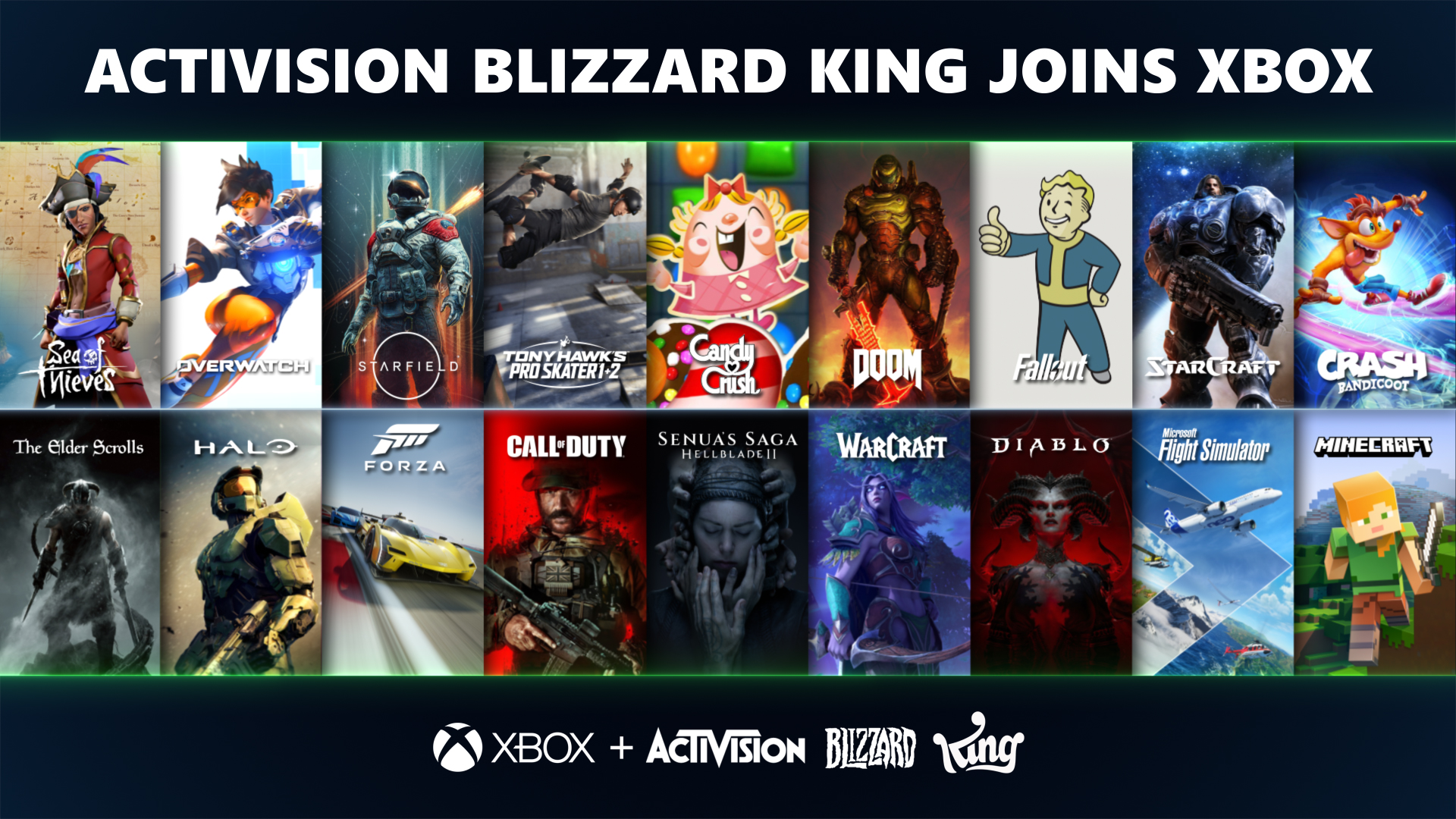Timeline Tales
Exploring the stories that shape our world, one timeline at a time.
The Community That Built Blizzard
Discover the untold stories of the passionate community that shaped Blizzard into a gaming legend. Join the journey now!
The Legendary Origins: How Community Shaped Blizzard's Iconic Games
The Legendary Origins: Blizzard Entertainment is known for creating some of the most iconic games in the history of the video game industry. From the vast landscapes of Azeroth in World of Warcraft to the strategic battles of StarCraft, the company's success has been significantly influenced by its community. The collaborative nature of early projects, where player feedback and community engagement were actively incorporated, established a foundation that encouraged a deep connection between the developers and their audience. This synergy allowed fans to not only play the games but also shape their evolution over time, leading to a loyal following that remains vibrant today.
The role of community in shaping Blizzard's games is evidenced by numerous fan-driven events and discussions that have taken place over the years. For instance, the creation of mods and custom content by players served as inspiration for official updates and expansions, showcasing the importance of community input. Blizzard's developers often engage directly with players, gathering feedback through forums and social media platforms, ensuring that their games resonate with the needs and desires of the community. This unique approach has not only contributed to the success of their franchises but has also solidified Blizzard's reputation as a company that values its players, creating a legacy of community-driven excellence.

Fan Influence: The Impact of Player Feedback on Blizzard's Development
Over the years, fan influence has become a significant factor in shaping the development processes at Blizzard Entertainment. Gamers around the world have engaged in passionate discussions about their favorite titles, providing feedback that directly affects game updates, balance changes, and new content. With platforms like forums and social media, players can easily voice their opinions, making it essential for developers to pay attention to the community's sentiments. This strong connection between fans and the development team exemplifies the impact of player feedback, leading to a more collaborative and responsive gaming experience.
The interplay between player feedback and game development at Blizzard showcases the importance of community engagement. For instance, games like World of Warcraft and Overwatch have undergone significant transformations based on user suggestions and criticisms. Blizzard has utilized focused surveys, public test realms, and direct communication channels to gather players' thoughts, ensuring that they are aligned with the expectations and desires of their audience. This approach not only enhances player satisfaction but also fosters a loyal community that feels an integral part of the game's evolution.
Behind the Scenes: Key Moments in Blizzard's Community Engagement
Blizzard Entertainment has long been recognized not just for its captivating games, but also for its strong ties to the gaming community. One of the key moments in Blizzard's community engagement came during the BlizzCon events, where players from around the globe gather to celebrate their favorite franchises. Notably, the 2019 event saw the introduction of the World of Warcraft Classic, which was met with overwhelming enthusiasm and nostalgia from longtime fans. This moment was a testament to Blizzard's ability to listen to its community and revitalize beloved experiences, reinforcing the strong bonds that unite players and developers.
Another significant highlight in Blizzard's community engagement was the launch of the Overwatch League in 2018. This initiative not only showcased Blizzard's commitment to eSports but also fostered community involvement through local and international teams. Fans were encouraged to participate, share their support, and engage with the league through various platforms, leading to a vibrant culture around competitive gaming. The success of the league has further solidified Blizzard's role as a leader in community engagement, demonstrating the importance of collaboration and interaction between developers and players.